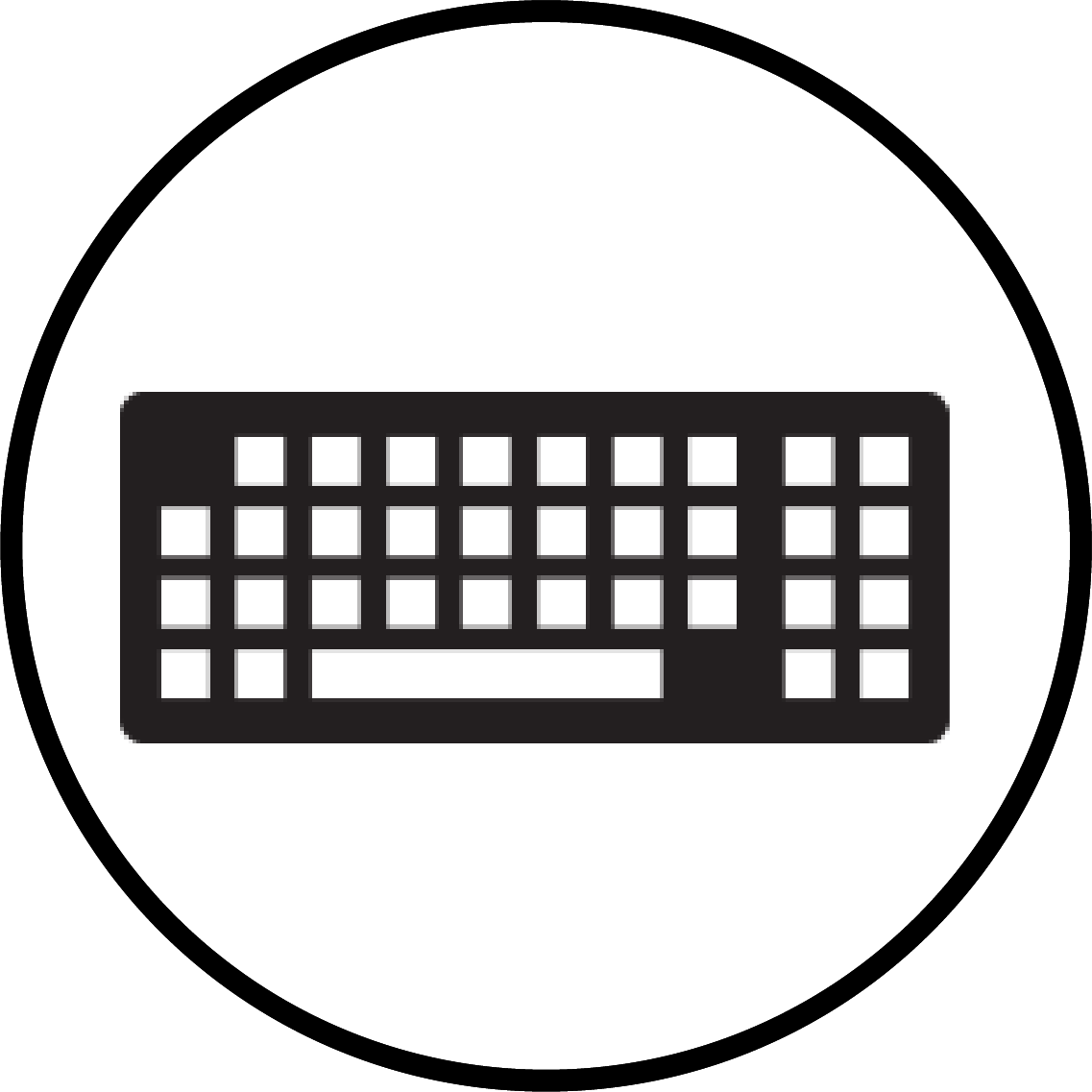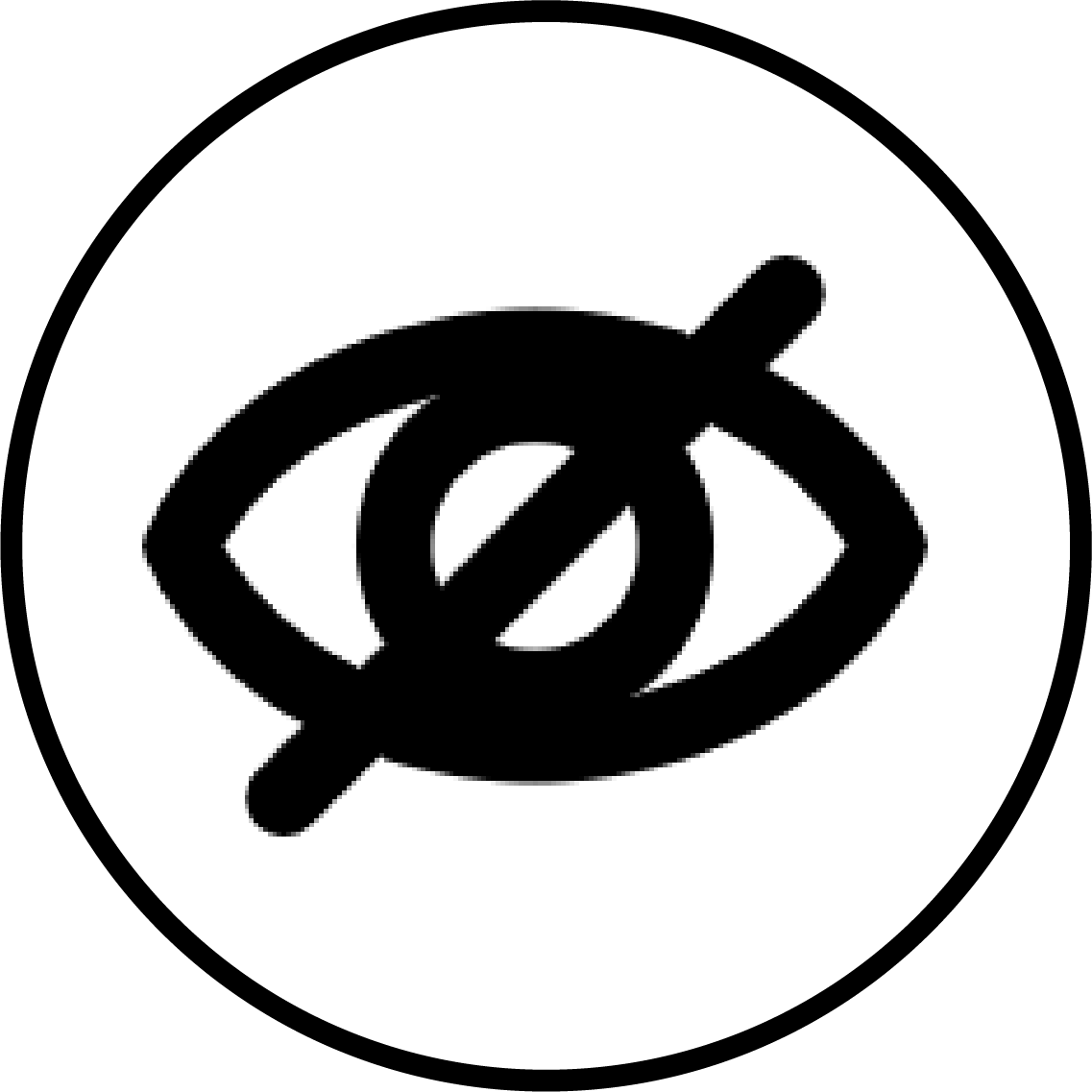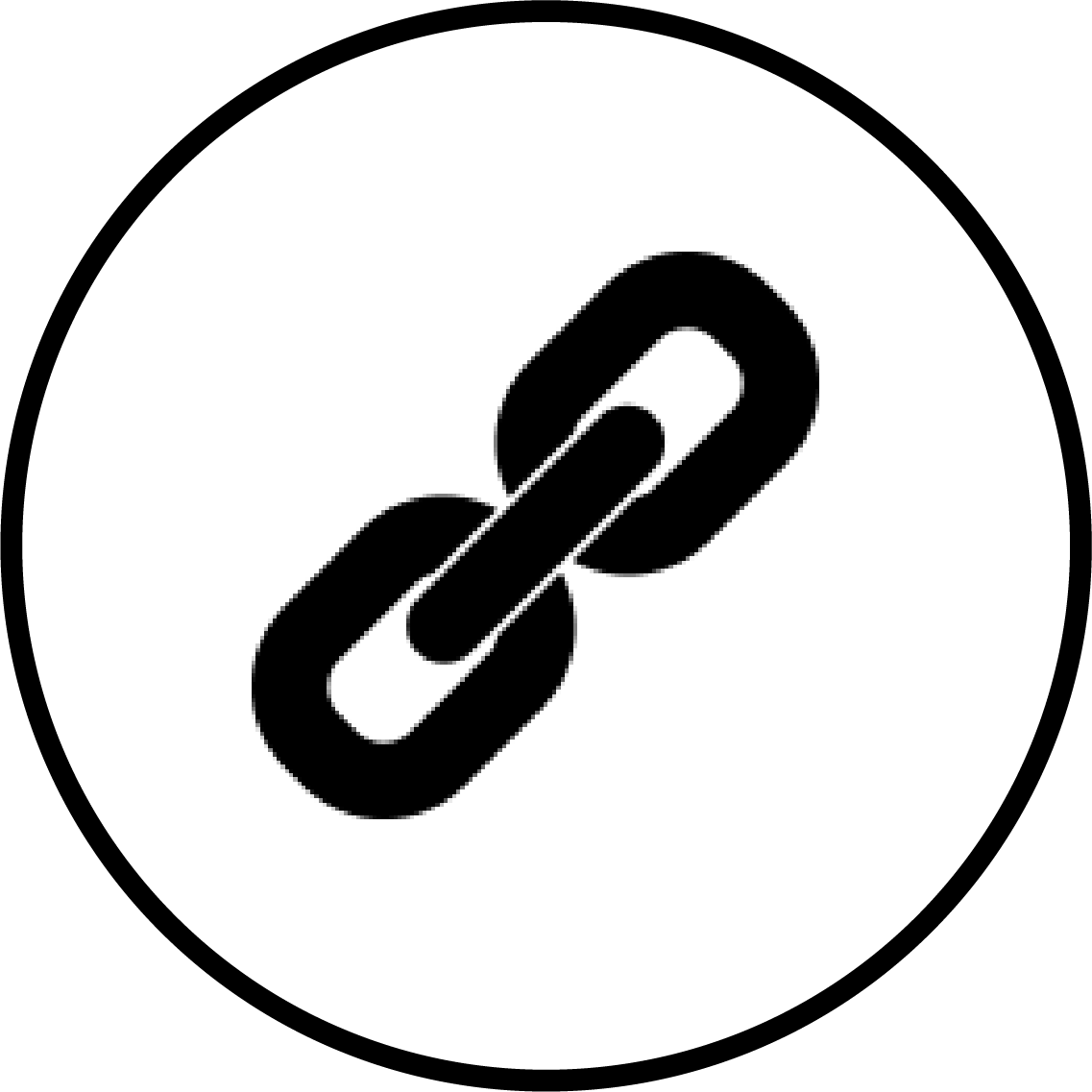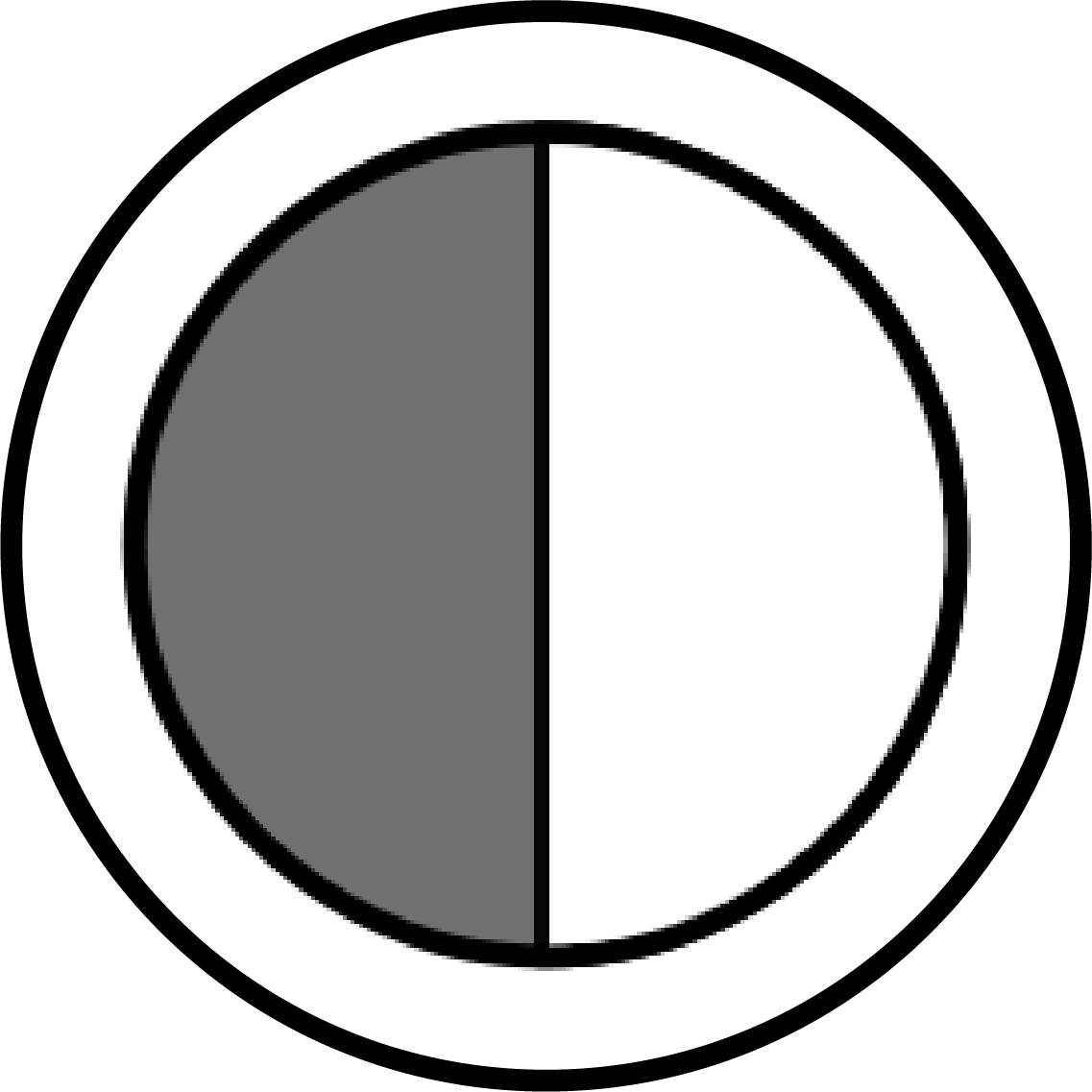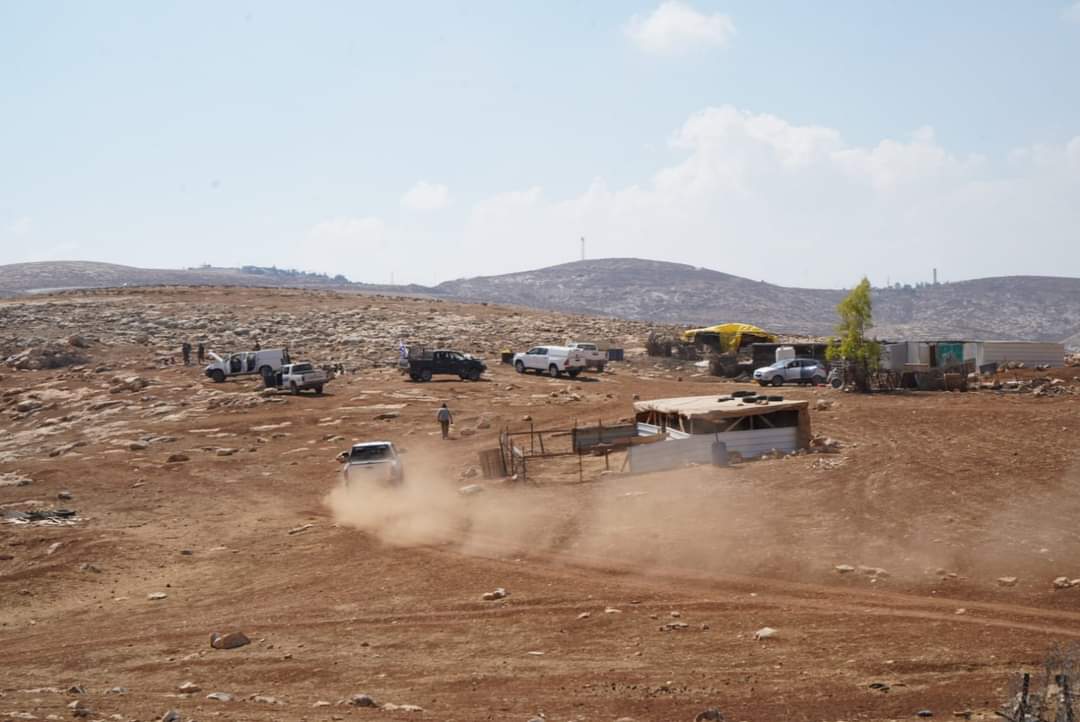
Emergency Network established by Arab Civil Society
Arab civil society organizations have established a joint emergency network to respond to the recent crisis. The network works to address emerging needs and to prevent tensions, especially in mixed cities.
On Saturday, due to Hamas’ attack on the south, 15 Arab citizens, most of whom lived in unrecognized villages in the Naqab were killed and dozens were injured. The price paid by the Arab civilians of the Naqab was overshadowed in the Israeli media by the almost exclusive focus on Jewish
casualties.
Arab citizens have found themselves in a particularly difficult situation. They have been dealing with injustices and with the fear of further violence. Inhabitants of unrecognized villages have been trying to locate people with whom they have lost contact and who they fear might be among the dead or abducted.
The Mossawa Center, together with the Arab Center for Alternative Planning, were among the initiators of the emergency network. The network operates in cooperation with most Arab civil society organizations, the Higher Follow-Up Committee for Arab Citizens of Israel, the Committee of Arab local authority heads, and the emergency network of Naqab organizations.
Since Saturday, the Mossawa Center and network have been publishing emergency information in Arabic regarding available emergency services and guidance on how to act in emergencies. They have also mobilized and organized volunteers who provide telephone assistance, and services such as psychological assistance and first aid, and receive complaints about job terminations, and mistreatment on public transportation. The network also assists in the evacuation of families from the Naqab, especially from unrecognized villages, and in contacting the relevant government institutions regarding the provision of shelters in the unrecognized villages in the Naqab and in the north of the country.
Local authorities in the Naqab report that the "Iron Dome" defense systems did not operate on Saturday, resulting in significant injuries to many residents of unrecognized villages. Salama Alatrash, head of the Al-Kaisom Regional Council in the Naqab, said, "We don't have shelters, and as a regional council, we provide services to residents living in places where it's impossible to protect them from rockets. Evacuating the injured and the dead was also challenging since there were no access roads to most of the affected houses." Most of the unrecognized villages are in economic distress, and social workers report food and medicine shortages”.
Dr. Samer Swaid, the director of the Arab Center for Alternative Planning is mapping out events and promoting collaboration between different organizations. He said, "Most Arab localities still lack shelters. Last week, the Center organized a study day on the Arab community's preparedness for earthquakes, so we are updated on the infrastructure conditions of the Arab localities.
Attorney Maria Jamal, director of the "Humanity Crew" organization, reports that efforts are being made to offer psychological support in Arabic to those in need.
Dr. Sharaf Hassan, chairman of the Follow-up Committee on Arab Education, is organizing virtual meetings for teachers and educational counselors. The committee demands that the Ministry of Education publish educational information in Arabic as soon as possible.
Psychologist Nabila Espanioly from the "Al-Tufula" center has begun distributing Arabic-language guidance booklets on dealing with emergency situations for families and children.
Emergency health services operating in the Arab community are coordinating among themselves, fearing that Magen David Adom (MDA) ambulances will not enter Arab towns as happened in previous military escalations. Three hospitals in Nazareth are preparing to admit casualties.
The emergency medical Service "Hiyan'' which operates in several northern areas reports the need for volunteers with medical knowledge to staff their teams. Rescue teams also reported a need for protective vests and equipment for combat situations. Arab doctors and nurses working in the South express fears of discrimination due to incidents in which they were hindered by police or faced insults based on their identity. At least one Arab medical staffer has been unaccounted for since Saturday. His family has published a call for help.
Following the dismissal of hundreds of Arab workers in the May 2021 events, the Mossawa Center, through attorney Wisam Yassin, sued the "Victory" supermarket chain and demanded compensation for the workers dismissed due to political tensions. Many Arab workers report political targeting by their peers. The Center will assist workers dismissed due to the current situation.
Another team established recently is designed to work with the media. The 'I'lam Media Center works to counter media incitement. The team will try to combat fake news in the media. One such case is that of journalist Ehud Hamu who published a story claiming that Umm al-Fahm (a city located 20 kilometers northwest of Jenin in the Haifa District of Israel) celebrated the Hamas attack, which was false. Jafar Farah, the director of the Mossawa Center, along with the mayor of Umm al-Fahm, Dr. Samir Mahameed, approached the channel and received an immediate apology. The channel had broadcast old footage as background. There were also false videos claiming that Arab demonstrators blocked roads in some towns, which local leaders quickly denied. Farah stated, "Fake news led to crises and violent events in many mixed towns in May 2021. It's crucial to confront online posts that turn into mainstream media items without verification”.
The Mossawa Center calls for an immediate ceasefire and peaceful reconciliation between Palestinians and Israelis, and for excluding civilians from violence in any military escalation. The Arab Palestinian citizens in Israel oppose targeting civilians and have supported peace since 1948.





